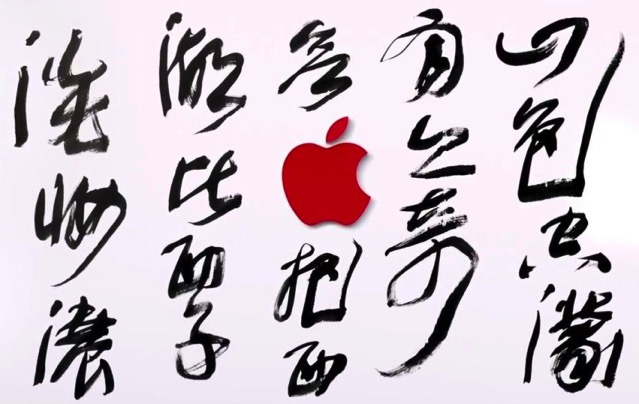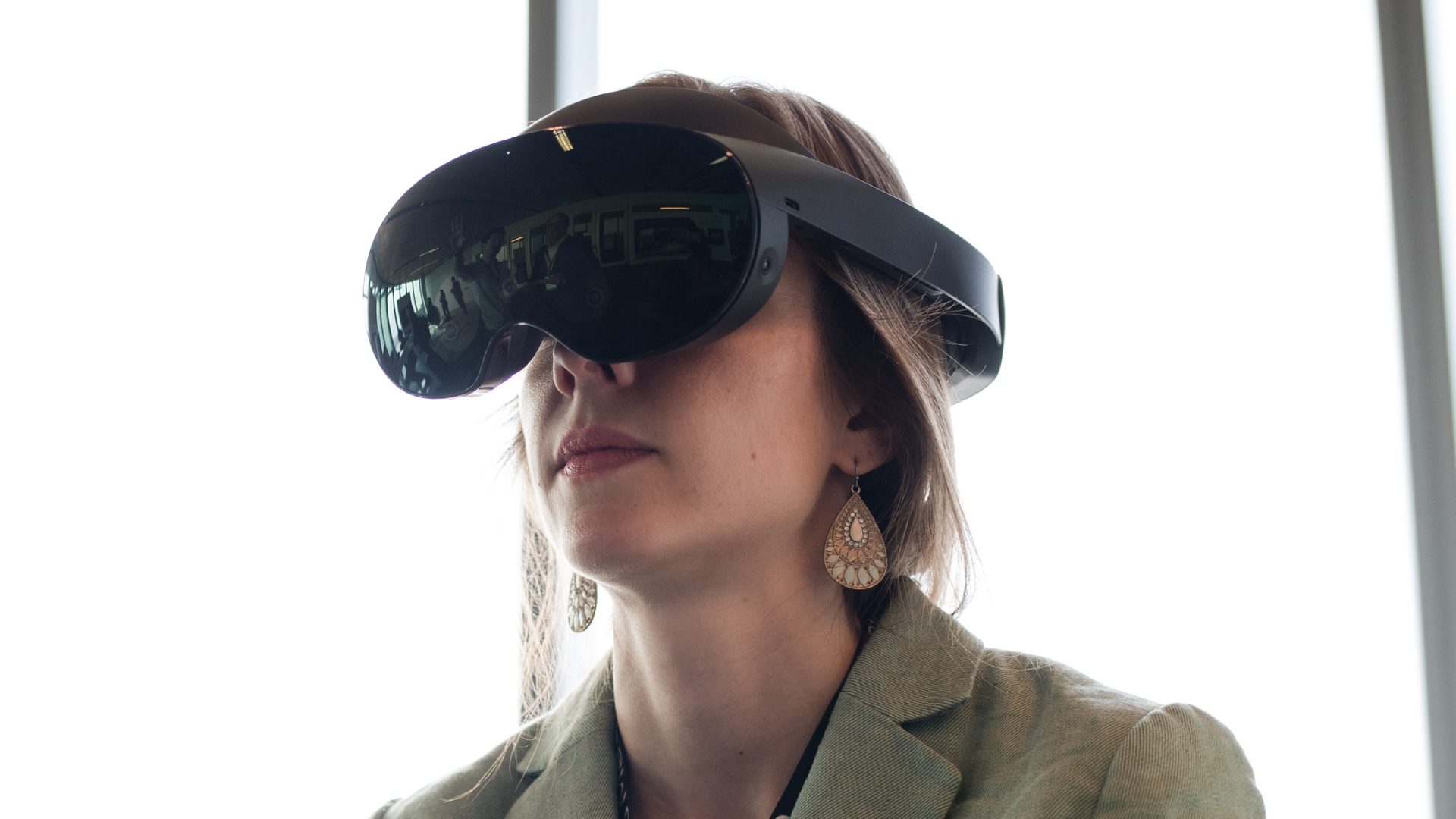
Apple’s Retail Presence in China Stymied by Bureaucracy, Fraud, and Local Competition
Despite Apple’s continued efforts to expand its global retail presence, red tape, fraud, and other factors have slowed its growth in China.

According to a new report from The Information, Apple initially had planned on opening 25 stores in the Asian nation by the end of 2011, but only managed to open 26 by the end of 2016. Today, there are now 42 shops in mainland China and 50 in the “greater China” region, which includes Hong Kong, Taiwan, and Macau.
The Information‘s report, based on interviews with 17 former Apple employees, attempts to shed some light on Apple’s slowdown in China, explaining that the Chinese government’s bureaucracy, scalpers, fraud, and increased competition from Chinese manufacturers have all been contributing factors.
Apple is reportedly in the process of “repositioning” its retail locations in China, focusing on locals and tourists from smaller Chinese cities instead of trying to build a nationwide chain:
Apple is now repositioning its 42 stores in mainland China—a nation of 1.4 billion people—to serve locals and tourists from smaller Chinese cities, rather than trying to blanket the country with locations. The number of stores in China is a stark contrast to the more than 270 locations it operates in the U.S., which has less than a quarter of China’s population.
Apple is also facing much stiffer competition from Chinese smartphone manufacturers than ever before, with brands like Huawei, Xiaomi, and Oppo increasingly improving their technology to compete on a more high-end level while still maintaining cheaper price points than their Cupertino counterparts.
The iPhone maker has also had to deal with a number of bureaucratic obstacles, corrupt government officials, and fraud:
Apple had to navigate a maze of government bureaucracy to obtain everything from business and tax licenses to construction, fire and customs permits for imported building materials, former employees say. The regulatory framework in China is far more complicated than in the U.S., with many more layers of government, these former employees say, and it’s far more opaque. Employees frequently scrambled to chase down permits and local approvals to keep store openings on track, they said.
Apple has also had to deal with scalpers, known locally as “yellow coats,” who intentionally swarmed Chinese Apple retail locations to take advantage of product launches and in-store promotions. The report uses a specific example in which a number of Chinese students were paid to exploit the company’s annual back-to-school promotion in which a free pair of Beats headphones was offered with the purchase of a laptop:
One morning, two charter buses pulled up to an Apple store in Beijing carrying about 80 students led by a man holding a flag like a tourist guide, according to a former employee who witnessed the event. One man lined them up outside the store and assigned each student a number. A second handed them a credit card once inside. A third waited outside to collect the laptops and headphones.
The students, recruited from online chat rooms affiliated with nearby universities, were each paid about $10 for their effort, the former employee said. Similar schemes took place at Apple stores across the country each year, the former employees said.
Additionally, the Cupertino company has been trying to prevent schemes in which Chinese criminal groups are buying or stealing iPhones, removing valuable parts such as CPUs and displays, and then claiming these devices are broken at Genius Bars in Apple Stores. The goal is to have the iPhone replaced under warranty, selling the expensive parts for a profit
These factors combined caused Apple to “abruptly change” its plans to expand retail location across mainland China last year. Throughout 2017 and 2018 combined, a total of 5 new stores opened, while 17 were opened in 2016 alone.

